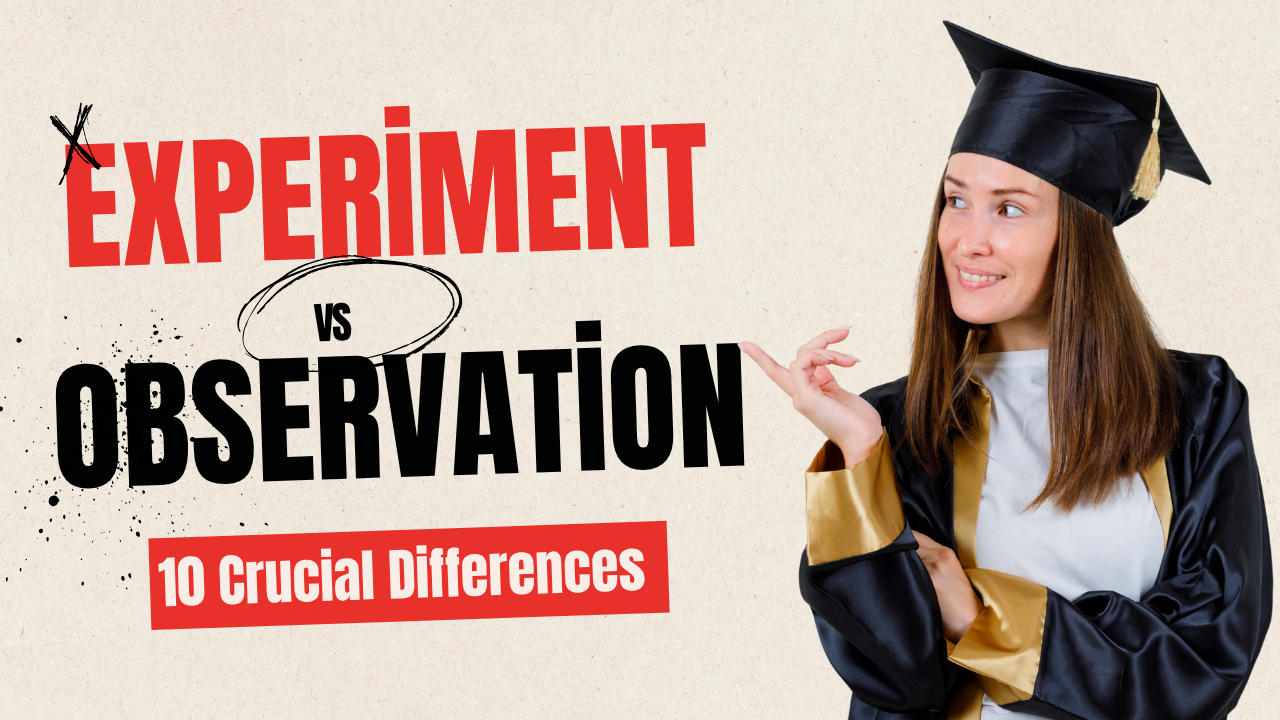02Jul

The world of doctoral research is evolving rapidly. PhD Life in 2025 is no longer just about burying yourself in dusty library corners or endlessly rewriting a thesis. It’s a complex blend of innovation, technology, collaboration, and personal growth. The academic landscape is being reshaped by artificial intelligence, global collaboration tools, mental health awareness, and more efficient research processes. But beneath all the tech and trends lies the core truth — that PhD Life in 2025 still demands resilience, curiosity, and an unshakable passion for discovery.
So what exactly does PhD life look like in 2025? What are the biggest changes researchers face? What tools are helping them thrive? And what truths remain unchanged?
Let’s dive into the trends, tools, and truths of modern PhD life.

Artificial Intelligence (AI) has become an indispensable companion for researchers in 2025. From conducting literature reviews to identifying research gaps, AI tools are speeding up every stage of the PhD journey.
These tools don’t replace critical thinking, but they drastically reduce the time it takes to sift through information — making researchers more efficient and focused.
COVID-19 taught academia the value of flexibility. That legacy continues in 2025, with most universities offering hybrid PhD models. Students can collaborate with supervisors across borders, attend international workshops virtually, and access university libraries through digital platforms.
The result? More diverse, inclusive, and global PhD communities.
PhDs today are increasingly interdisciplinary, blending insights from AI, climate science, public policy, and digital humanities. Moreover, funding agencies now prioritize impact-driven research — work that solves real-world problems, supports policy, or contributes to innovation.
This means PhD scholars must demonstrate not only academic excellence but also societal relevance.
PhD burnout is real — and finally acknowledged. Universities now invest in mental health programs, provide therapy support, and promote work-life balance. Peer mentoring, mindfulness workshops, and academic counseling are common across research departments.
In 2025, you’re not expected to suffer in silence. Wellness is part of success.
Success in 2025 isn’t just about intelligence — it’s about using the right tools. Here are some of the most popular platforms powering PhD life today:
These tools don’t just make research faster — they make researchers smarter.
Despite all the innovation, some things about PhD life haven’t changed. In fact, the emotional and intellectual truths of the journey are as strong as ever.
Even in 2025, doing a PhD requires patience. Whether it’s failed experiments, rejected papers, or tough feedback — setbacks are part of the journey. The difference now is that there are better support systems in place, and more recognition of the mental toll research can take.
Technology can’t replace internal drive. You still need discipline to show up, write consistently, and learn from failure. AI won’t write your thesis for you — but it can help you focus better if you’re motivated.
No AI can replace a good advisor. In 2025, the mentor-mentee relationship remains at the heart of the PhD process. Scholars thrive when supervisors provide guidance, feedback, and emotional support — not just corrections.
Even with digital communities and global Zoom calls, PhD research can be lonely. But now, there are online writing groups, Discord communities for researchers, and Twitter/LinkedIn communities that offer solidarity.
Connection is easier — but it still takes effort.
There’s no sugar-coating it: completing a PhD is still one of the most difficult academic challenges. But now there are more structured roadmaps, better writing tools, and professional services like Kenfra to support scholars from start to finish.
To not just survive but thrive in the 2025 PhD landscape, here are some actionable tips:
PhD Life in 2025 is a unique mix of tradition and transformation. While core academic values remain — critical thinking, originality, and perseverance — the tools and support systems available today make the process more efficient, connected, and humane. If you’re a current or aspiring PhD scholar, this is your era. Embrace the trends, master the tools, and face the truths — because PhD Life in 2025 doesn’t have to be lonely, outdated, or overwhelming. With the right mindset and support, you can thrive in the PhD world of 2025 and beyond.
Kenfra Research understands the challenges faced by PhD scholars and offers tailored solutions to support your academic goals. From topic selection to advanced plagiarism checking.

Publishing your research in reputed journals is essential for academic growth and recognition. Among these, UGC CARE Journals stand... read more
Transitioning from mathematics to physics for a high-paying PhD program can be a rewarding academic and career move. Here are... read more

In research, choosing the right approach can make or break your study. Two of the most common methods are experiments... read more

Securing funding is often one of the most critical challenges for aspiring doctoral students. A Winning PhD Funding Proposal... read more
Kakatiya University(KU): Kakatiya University, also known as KU, is a public university located in Warangal, Telangana, India. It was established on... read more
SMIMER partners for biomed research SMIMER, the Surat Municipal Institute of Medical Education and Research, has recently forged a strategic... read more

The pursuit of a PhD is a transformative journey that expands your academic horizons and opens doors to global opportunities.... read more

Publication Requirements for PhD Programs in India How Many Publications Are Required to Get a PhD in India?Pursuing a... read more

Publishing a research paper in a Q1 journal is a significant milestone for any scholar, as Q1 journal publications... read more
WhatsApp us
Leave a Reply